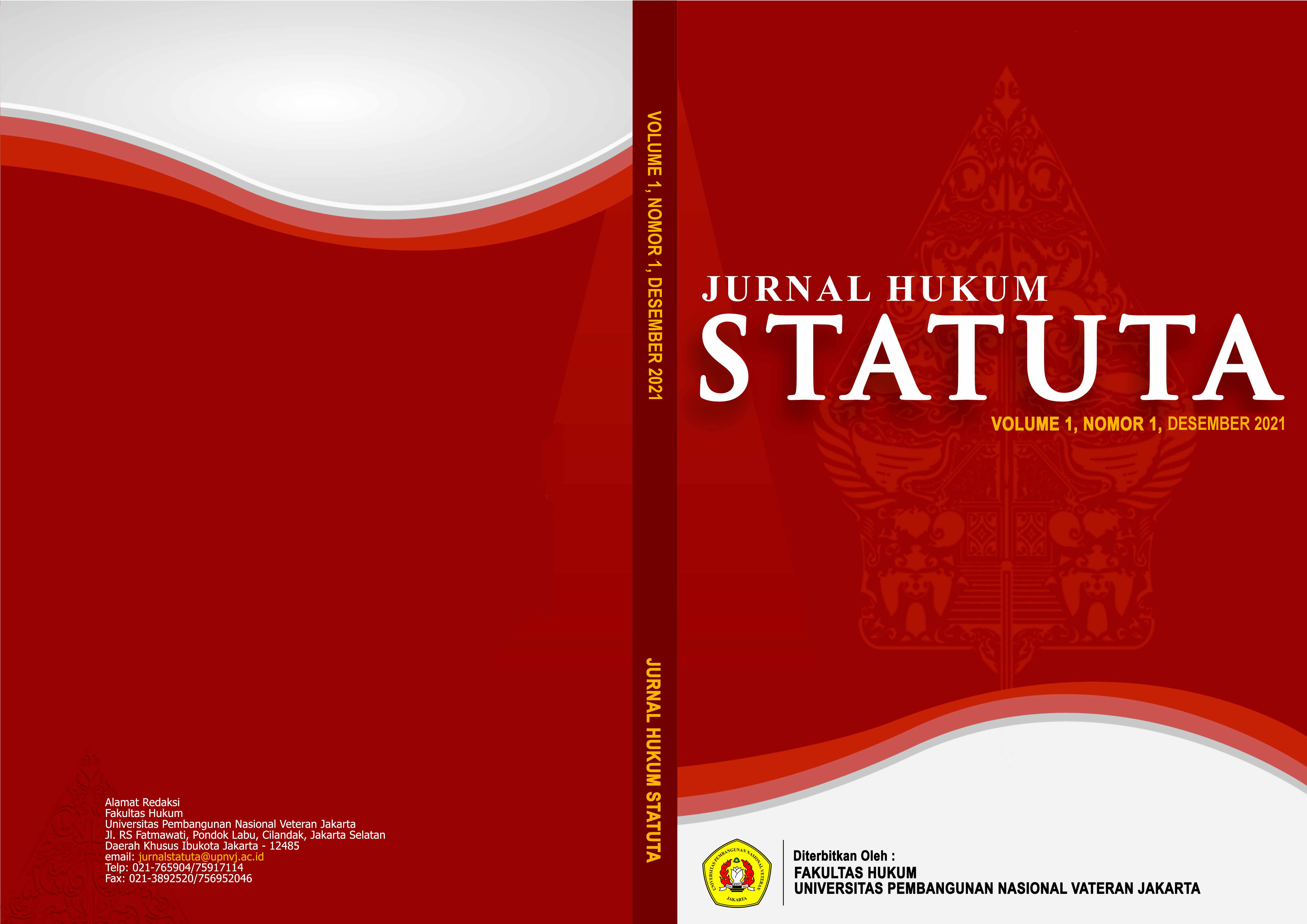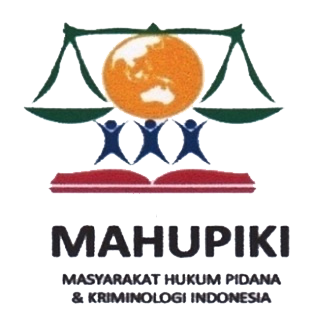Sanksi Tindakan Kebiri Kimia Ditinjau dari Perspektif Hak Asasi Manusia dan Ilmu Kedokteran Kehakiman
DOI:
https://doi.org/10.35586/jhs.v1i1.5705Abstract
Sexual violence has now become a worldwide issue andmuch attention by various parties. In fact, this sexual violence oftenhappens to children. In order to prevent the occurrence of sexual violence against children is increasing. The government has issued Government Regulation Number 70 of 2020 concerning Procedures for the Implementation of Chemical Castration, Installation of Electronic Detection Devices, Rehabilitation, and Announcement of the Identity of Perpetrators of Sexual Violence against Children. However, the implementation of chemical castration is still reaping the pros and cons, especiallywithin the framework of Human Rights (HAM). In the perspective of Human Rights (HAM) the implementation of chemical castration against perpetrators by administering antiandrogen substances is considered a violation of human rights considering the many side effects that result later and making it no longer limited to punishment, but enters the realm of human rights torture that degrades human dignity. Meanwhile, in the perspective of Judicial Medicine, the Indonesian Doctors Association (IDI) refuses to be the executor of castration punishment for perpetrators of sexual crimes against children because they view that giving chemical castration to perpetrators of sexual violence against children cannot be done because of the weakening of the psychological and physical endurance of perpetrators of sexual violence against children contrary to the oath and code of ethics of the medical profession itself. So it can be concluded that the implementation of the chemical castration criminal punishment today is still reaping the pros and cons.
Downloads
Published
How to Cite
Issue
Section
License

This work is licensed under a Creative Commons Attribution-ShareAlike 4.0 International License.
Authors who publish with this journal agree to the following terms:
- Authors retain copyright and grant the journal right of first publication with the work simultaneously licensed under a Creative Commons Attribution-ShareAlike 4.0 International License that allows others to share the work with an acknowledgement of the work's authorship and initial publication in this journal.
- Authors are able to enter into separate, additional contractual arrangements for the non-exclusive distribution of the journal's published version of the work (e.g., post it to an institutional repository or publish it in a book), with an acknowledgement of its initial publication in this journal.
- Authors are permitted and encouraged to post their work online (e.g., in institutional repositories or on their website) prior to and during the submission process, as it can lead to productive exchanges, as well as earlier and greater citation of published work (See The Effect of Open Access).
Jurnal Statuta have CC-BY-SA or an equivalent license as the optimal license for the publication, distribution, use, and reuse of scholarly work.
In developing strategy and setting priorities, Jurnal Statuta recognize that free access is better than priced access, libre access is better than free access, and libre under CC-BY-SA or the equivalent is better than libre under more restrictive open licenses. We should achieve what we can when we can. We should not delay achieving free in order to achieve libre, and we should not stop with free when we can achieve libre.
You are free to:
- Share — copy and redistribute the material in any medium or format
- Adapt — remix, transform, and build upon the material for any purpose, even commercially.
The licensor cannot revoke these freedoms as long as you follow the license terms.

Jurnal Statuta licensed under a Creative Commons Attribution-ShareAlike 4.0 International License.











